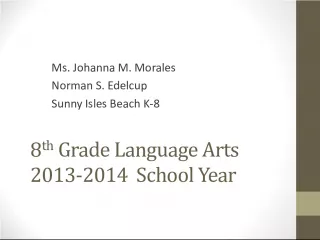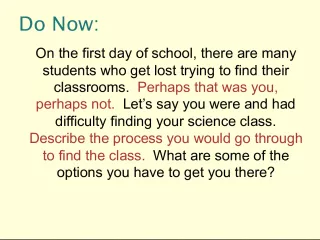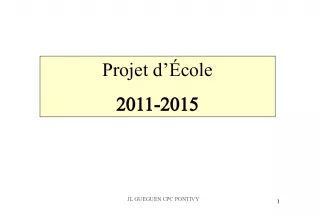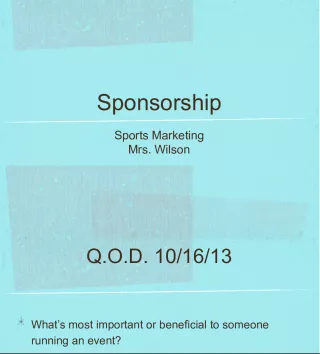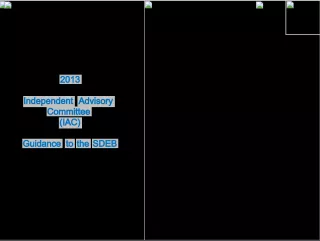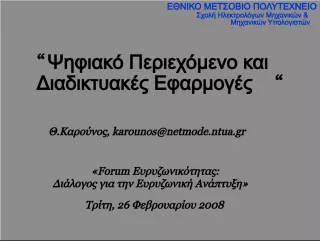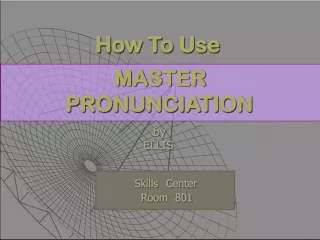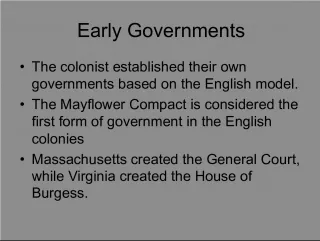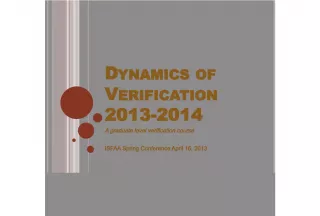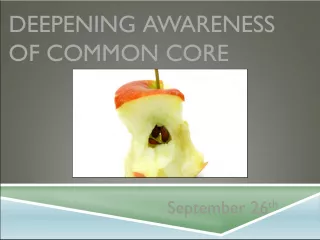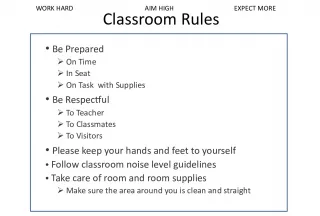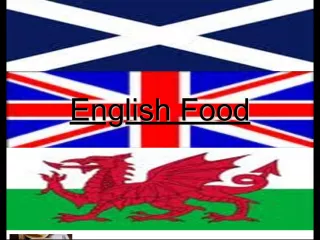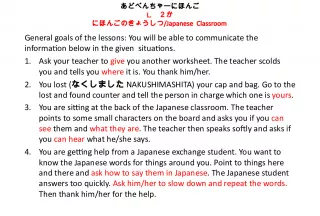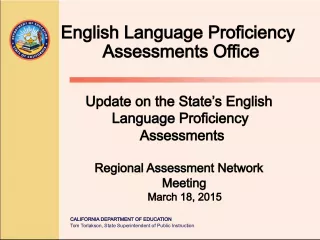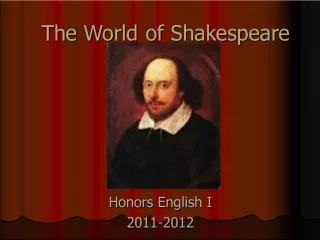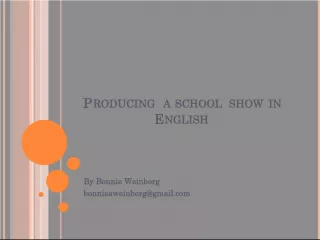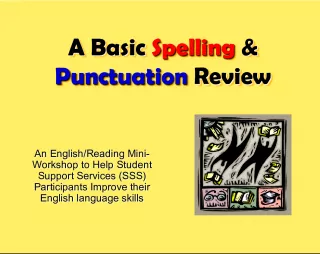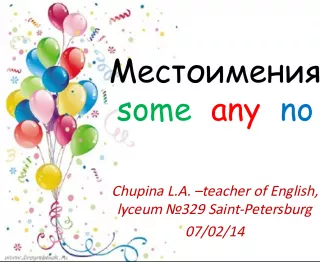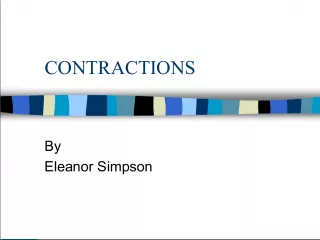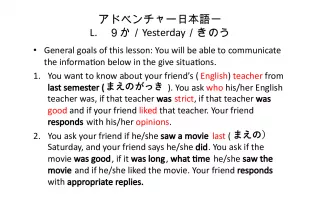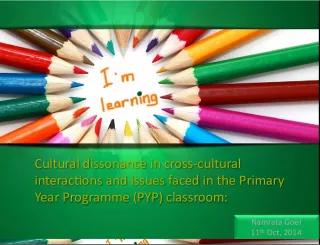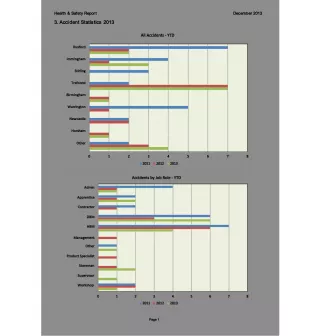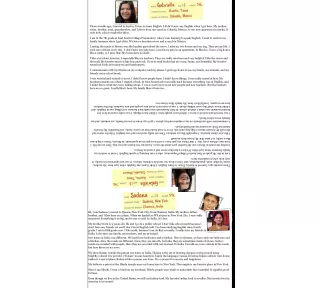Classroom announcements for English 6 GT on October 22, 2013
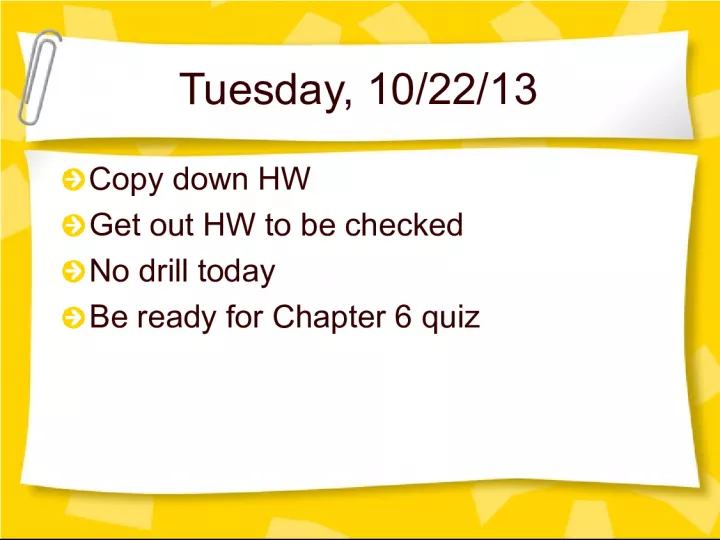

On this day, the teacher made the following announcements: - Copy down homework and get out homework to be checked - No drill today - Be
- Uploaded on | 1 Views
-
 leevipolon
leevipolon
About Classroom announcements for English 6 GT on October 22, 2013
PowerPoint presentation about 'Classroom announcements for English 6 GT on October 22, 2013'. This presentation describes the topic on On this day, the teacher made the following announcements: - Copy down homework and get out homework to be checked - No drill today - Be. The key topics included in this slideshow are . Download this presentation absolutely free.
Presentation Transcript
Slide1Tuesday, 10/22/13Copy down HW Get out HW to be checked No drill today Be ready for Chapter 6 quiz
Slide2Argument and ExplanatoryWho can summarize the differences between argument and explanatory writing? How is argument writing different than persuasive writing in elementary school?
Slide3Crafting Thesis StatementsEnglish 6 GT
Slide4What is a Thesis Statement?A thesis is a much more sophisticated topic sentence. It answers a question but also provides reasons for why that answer is correct It organizes the paragraph or essay It is the first sentence in a paragraph response It is the last sentence in the Introductory Paragraph in a multi-paragraph essay
Slide5A Good Thesis Statementshould… Be able to stand alone Tell the reader exactly what you will be arguing/explaining in the paper Set up the order and organization of the paper (Be a roadmap for your paper) Include ALL main points you will be discussing Answer the questions HOW or WHY Not be too general or in the form of an announcement (In this paper I will argue…)
Slide6Thesis Statement FormatCLAIM + CONTROLS (usually 2-3) Controls are reasons WHY your claim is correct or methods of HOW your claim is done
Slide7Example Thesis StatementsThe poet paints a visual for the reader by using imagery, metaphors, and similes. Connell creates a dark and anxious mood in “The Most Dangerous Game” through the literary elements of figurative language and setting .
Slide8Example Thesis StatementsRomeo and Juliet is a tragedy because it has a tragic hero, that character has a tragic flaw, and he brings about his own downfall. America should have year-round schooling because students in these schools have higher standardized test scores and do not “burn out” easily.
Slide9Argument vs. ExplanatoryAn argument thesis is DEBATABLE Someone could argue against you You support it with research and evidence, but the claim is not necessarily 100% PROVEN with data or evidence It is still an opinion (a well-supported opinion, but still an opinion)
Slide10Argument vs. ExplanatoryExplanatory writing is based in fact and proven evidence or data It is NOT debatable Someone cannot argue against you You are providing information or explaining a topic and demonstrating how proven evidence shows the claim to be true/accurate
Slide11Argument vs. ExplanatoryMost literary analysis is argument because people can analyze things differently, and most literature is open to interpretation Science Essays tend to be more explanatory, but you could have an argument question as well History could be both
Slide12Words to Look For…Words that show value are always going to hint that it is argument writing – Important – Best – Worst – Most – Least – Effective
Slide13Words to Look For…Words that show opinion are going to hint at argument writing – Should – Remember that most literary analysis is argument, because your interpretation might not be the same as someone else’s
Slide14What Follows a ThesisStatement? Thesis Statement Control 1 – Provide Evidence to Support – Explain Evidence Control 2 – Provide Evidence to Support – Explain Evidence Does this look familiar???
Slide15Providing EvidenceWhat is the difference between controls and evidence? Where can evidence come from? – Quote from the literature – Research – Data from a lab, Math Equations – Polls, Interviews – Textbooks – Observations (especially scientific)
